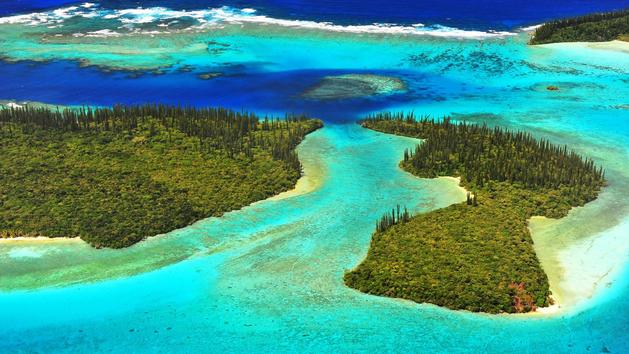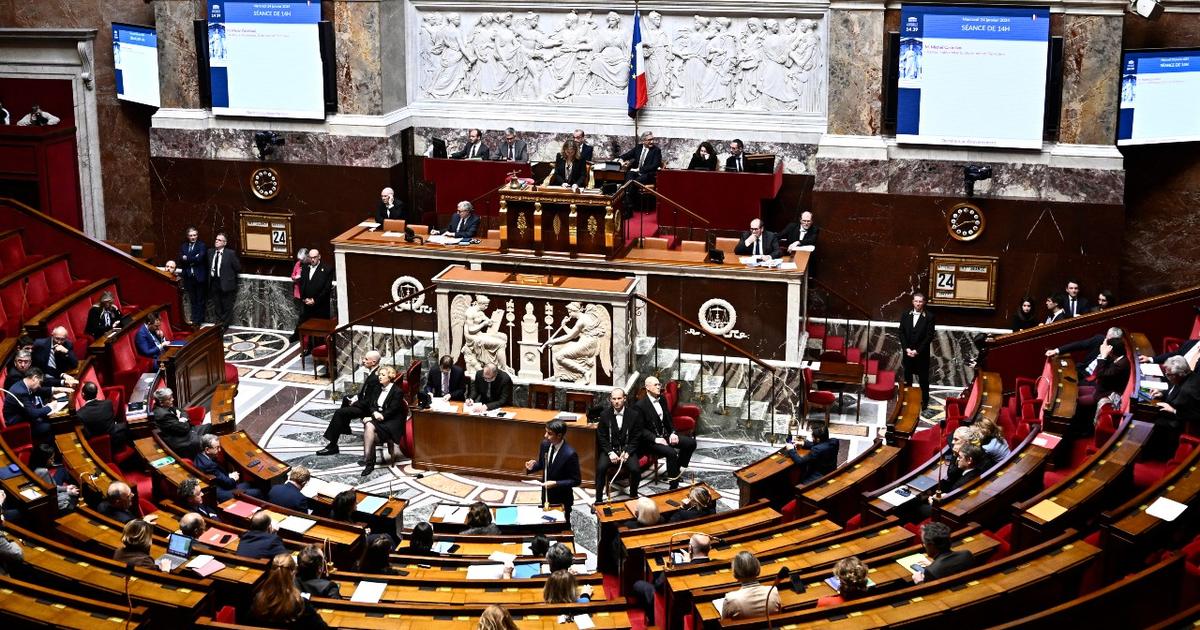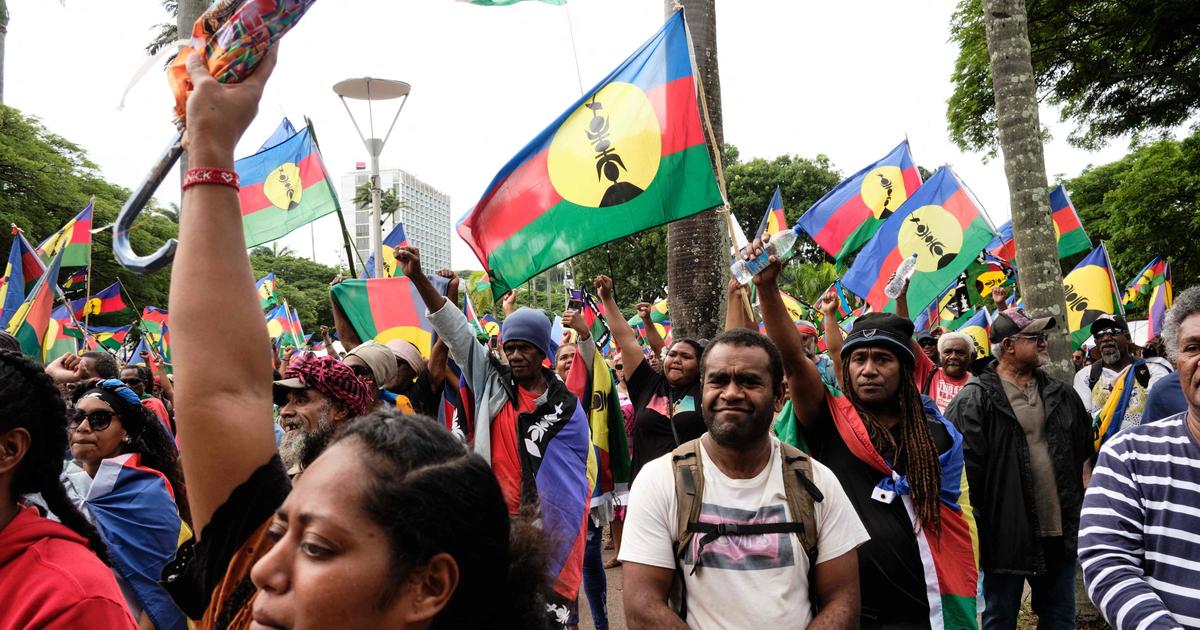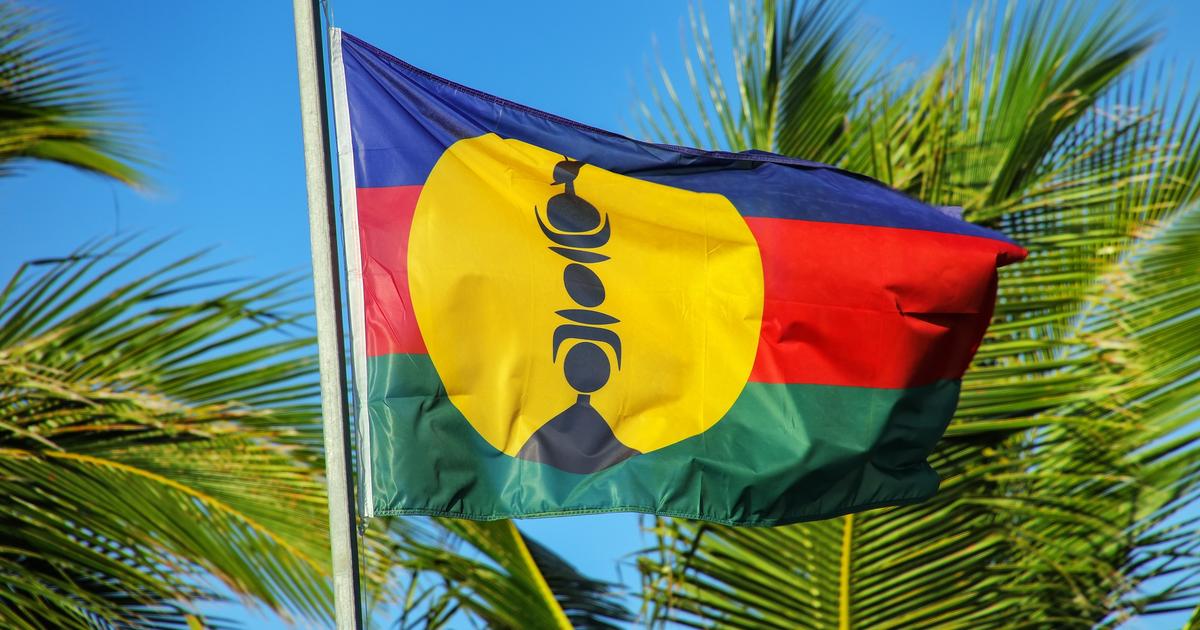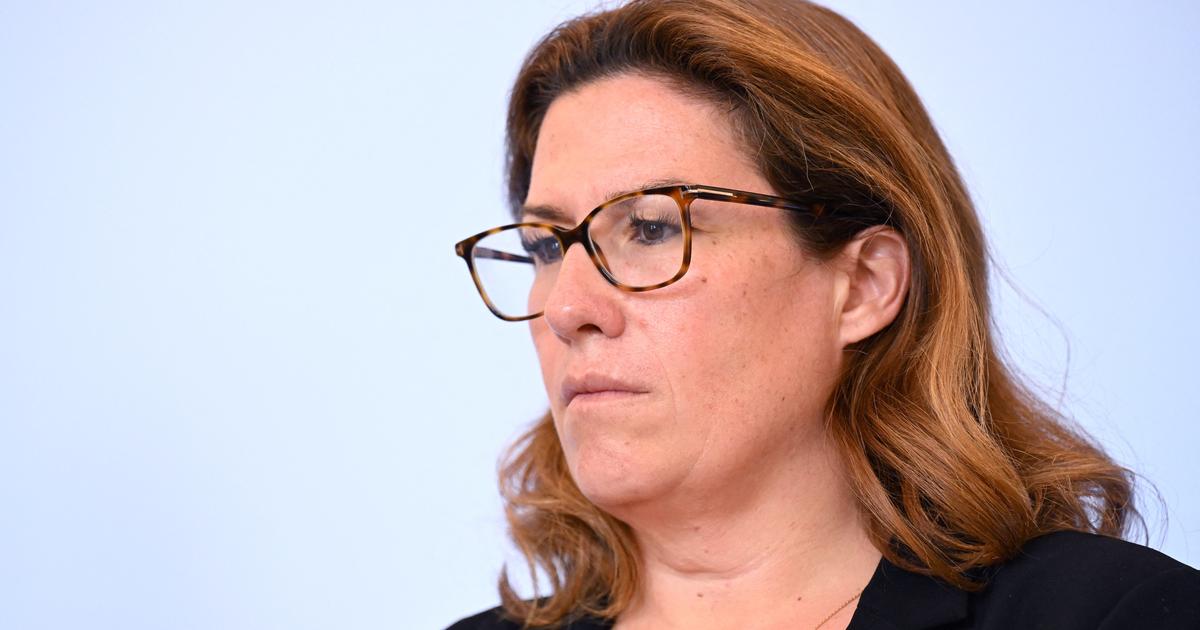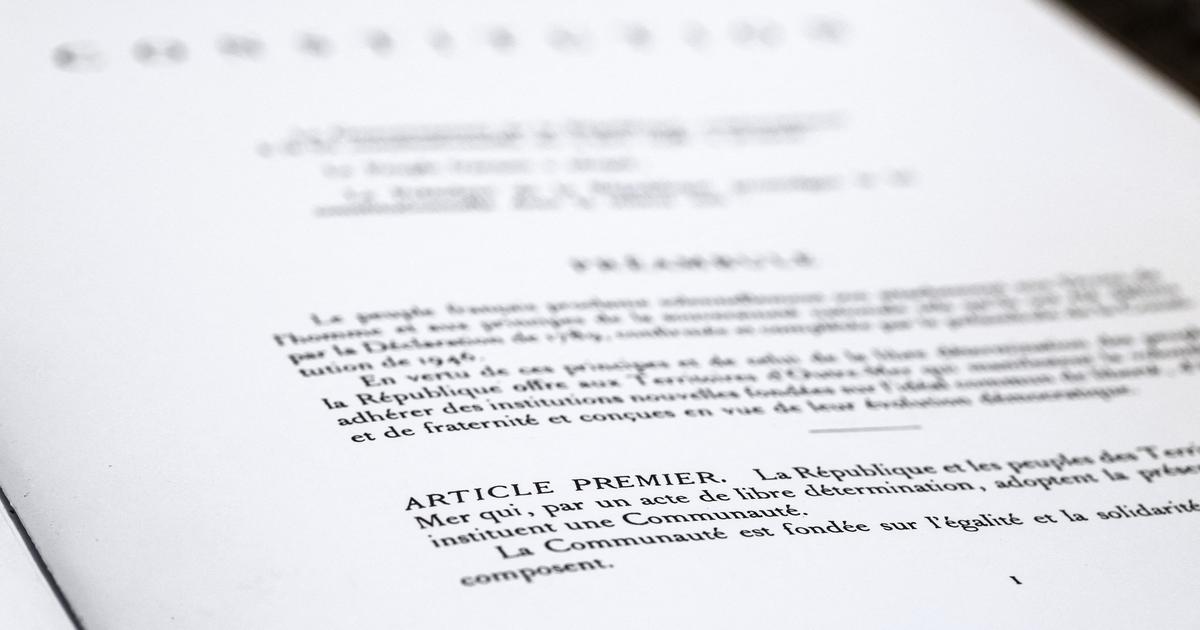The question has not changed by a comma:
"Do you want New Caledonia to achieve full sovereignty and become independent?".
Two years after the victory of the "no" (56.7%) at independence, during the first self-determination referendum, on November 4, 2018, some 180,000 Caledonian voters are again called to the polls on Sunday, October 4.
If the “no” wins for the second time, a third and final ballot could be organized by 2022 in this archipelago of 270,000 inhabitants, French since 1853.
"The condition of peace"
From France, the prospect of a second or even third chance left to the separatists of this Pacific territory may seem absurd.
No appeal was left to General de Gaulle, victim of a majority “no” in the 1969 referendum on Senate reform and the creation of regions.
No appeal could be brought by Jacques Chirac in 2005, after the French rejected the draft European Constitution.
But the history of New Caledonia remains apart.
"This door, open to other polls, was the condition for lasting peace,"
explains a connoisseur of the archipelago.
One way to avoid relapsing into violence at all costs.
From 1984 to 1988, bloody events implicated Kanak separatists, so-called “caldoches” anti-separatists and the police.
They culminate in a bloodbath on the island of Ouvéa on the eve of the second round of the presidential election, in April 1988.
Read also:
New Caledonia, a turbulent history for a century and a half
The Matignon accords, signed two months later at the initiative of Socialist Prime Minister Michel Rocard, mark a first step towards reconciliation.
Ten years later, in May 1998, new so-called “Nouméa” agreements were adopted by referendum.
They provide for autonomy for the archipelago and up to three self-determination ballots.
It took twenty years before the first referendum was held.
A third ballot already planned
The drafters of the Nouméa agreements, however, set a condition for the organization of new elections.
In the event of a “no” to independence, consultation must be requested by a third of the members of Congress (18 out of 54), the archipelago's legislative body.
With 25 seats obtained in May 2019, the separatists had no difficulty in demanding a second ballot.
Even some of the anti-independence activists have called for it to close the “Noumea process” as quickly as possible, like the president of the southern province, Sonia Backès, close to the Republicans (LR).
But other voices, in the ranks of the right, regret this return to the polls.
"Up to three referendums in five years, this only stirs up tensions between Caledonians, not to mention the unraveling of the economy,"
regrets the center-right deputy Philippe Gomès.
The possibility of a third ballot is already worrying New Caledonian politicians.
It made part of the right fear a collapse with the presidential election of spring 2022 and a political “instrumentalisation” of the referendum.
This risk was ruled out in October 2019, at the end of the meeting with the Prime Minister, in Matignon.
If a third consultation is organized, it cannot be held between the middle of September 2021 and the end of August 2022.

